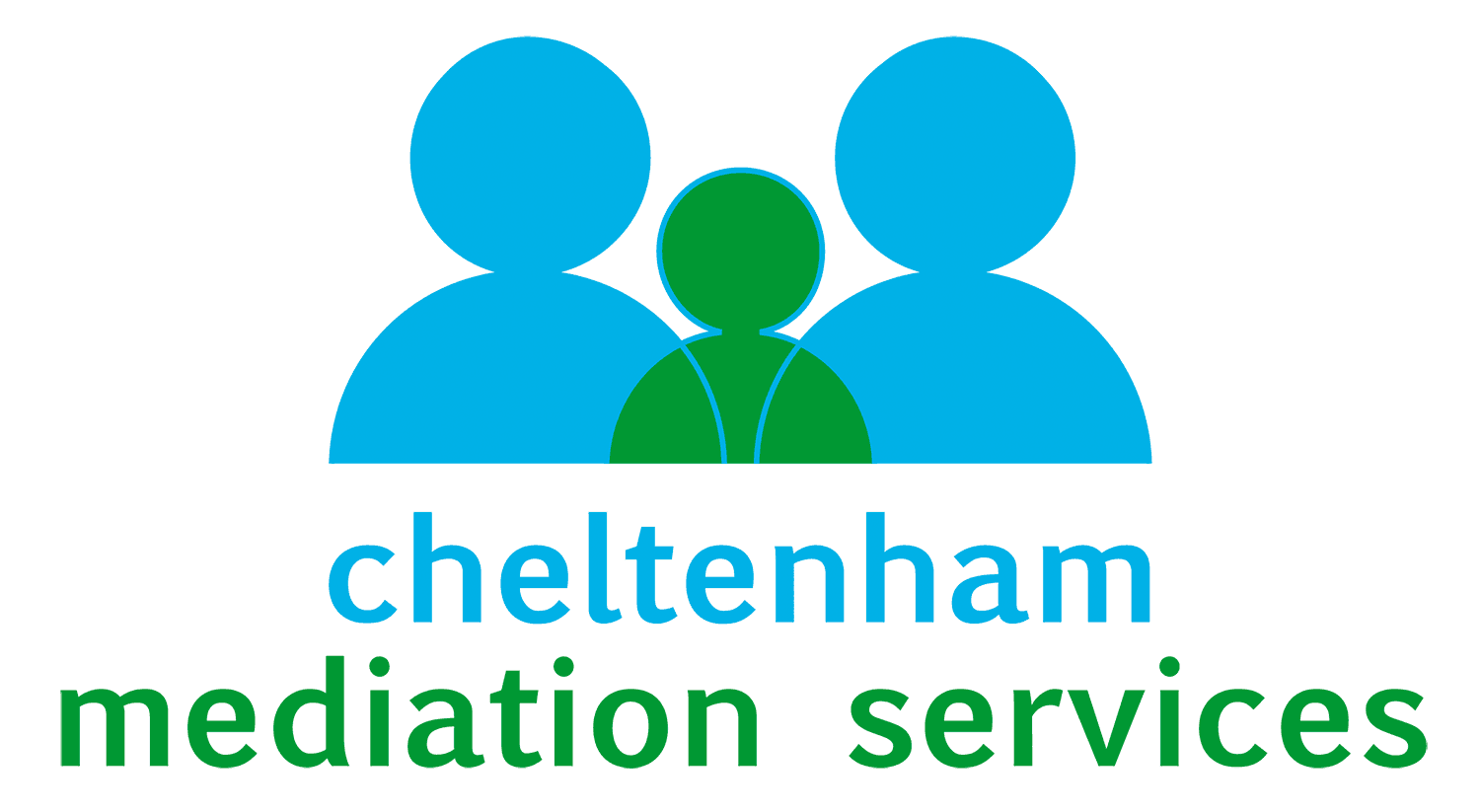Child Inclusive Mediation
Cheltenham Mediation Services can provide Child Inclusive Family Mediation to families in Cheltenham, across Gloucestershire and surrounding counties and regions. Below is an explanation of what is involves and information to help you to understand and make an informed decision.
Click on each question below to reveal the information.
-
Child Inclusive Mediation involves a family mediator who is trained as a child consultant talking with a child or children as a part of a mediation in which arrangements are being made for the children.
The mediator must be accredited by the Family Mediation Council and must have attended and passed an accredited course which involves 40 hours of attendance on course with written assignments.
-
Both parents must already have attended separate MIAM’s (Mediation Information and Assessment Meeting), have signed an Agreement to Mediate and entered into mediation.
Both parents must sign their consent for the mediator to approach their child(ren) to invite them to meet with the mediator.
The children receive an invite by letter explaining that the mediator is helping their parents to decide on future arrangements and asking if they would like to meet with the mediator for them to have a say in the decisions being made about them.
The consultation between mediator and child can be at the mediator’s office or online.
Siblings can be seen together or separately. It is often wise to ensure sometime is spent with siblings separately.
Consulting children should mean having a conversation with them, not plying them with questions and extracting answers for the benefit of adults who ‘need to know’.
Following the consultation the mediator meets with both parents as soon as possible to feedback their child’s views.
The parents are asked to take on board and reflect on the children’s voice and it is hoped it enables them to find the way forward.
-
Article 12(1) United Nations Convention on the Rights of the Child 1989 introduced the concept of the child’s voice to be taken into consideration and to be given due weight according to their age and maturity.
The Brussels II Revised Regulation in 2003 upholds the right of the child to be heard in matters relating to parental responsibility of the child (Article 4).
The Council of Europe’s Recommendations 2003 stated that the child should be heard in the mediation process as they have rights and should be allowed their say in arrangements that affect them.
In 2014 the government made commitments that all children from the age of 10 involved in family court hearings will have access to make their views known.
-
Shows children their wishes, views and feelings matter and they are being treated with respect.
Enables children to ask questions, express a worry or concern and can dispel misunderstandings.
Helps both parents to listen to their children.
The feedback to parents helps them understand their child’s concerns and feelings, which their child may not have felt comfortable sharing direct, and enables parents to take those views into consideration in their decisions.
-
The risk that children may be drawn into a parental conflict and be used as judges or arbitrators in parental negotiations.
Involving children can increase distress and confusion.
Parents may brief a child on what to say and/or children may feel under pressure to express their views and feelings.
Children may not understand the life pressures of their parents or be reliable judges of their own long-term interests.
Parents may refuse to take the child’s views on board.
Feedback to parents may result in them getting angry with the child or interrogating the child.
We can mediate nationally or internationally via Zoom
We are here to answer your questions on Child Inclusive Mediation
–––
Contact us to book an initial MIAM consultation
–––
We are here to answer your questions on Child Inclusive Mediation ––– Contact us to book an initial MIAM consultation –––
Legal Aid is available for family mediation. The government offer a voucher if mediating re children.
This video below follows the separation journeys of the children from two families.
The Rights Idea? is a collaboration between the University of Exeter, The National Youth Advocacy Service (NYAS) and The National Association of Child Contact Centres (NACCC) outlining young people's rights when parents separate.
Please contact us with your questions about Child Inclusive Mediation and to book an initial meeting with us at our offices in central Cheltenham, Gloucestershire. Zoom meetings can also be provided nationally or internationally.
We are Cheltenham’s longest serving office based family mediation service, established in 2007.
“I think you are amazing at your job. I was extremely anxious every time but you have a very calming effect on people. Thank you so much.”

